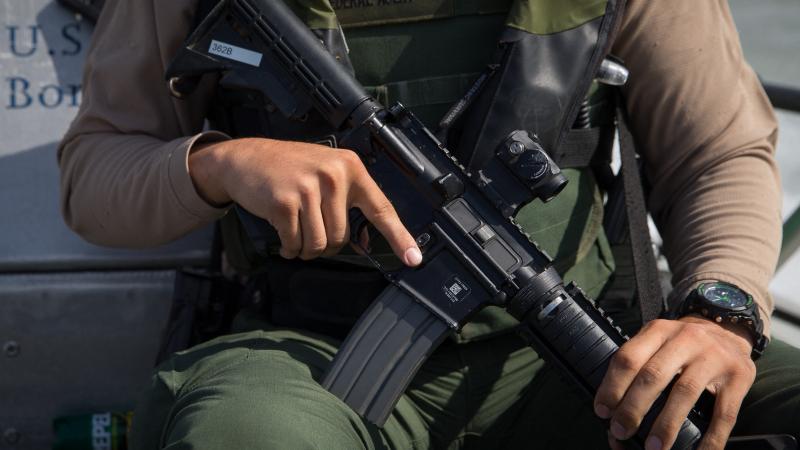Connecticut seeks to replace 'unstable' voting machines
"The current tabulators were purchased well over a decade ago, and have since exceeded their useful life," Secretary of State Thomas said.
Connecticut Secretary of State Stephanie Thomas wants to borrow $25 million to update the state’s "unreliable" voting machines ahead of the 2024 presidential elections.
In recent testimony before the Legislature's Committee on Finance, Revenue and Bonding, Thomas said her office is seeking authorization to purchase new ballot tabulators for cities and towns across the state. She said the machines have become "unreliable and unserviceable" with the company that produced them no longer in business.
"The current tabulators were purchased well over a decade ago, and have since exceeded their useful life," Thomas told the panel. "From frequent jamming, to weather related issues, caused by the rain and heat, to their antiquated technology, elections officials struggle each election to process ballots efficiently."
And because the company that produced the machines is no longer around, she said it is "impossible" to find replacement parts, which has forced local election clerks to "cannibalize" components from similar machines that other states have discarded.
"This is no way a state values our democracy should be administering its elections," Thomas told the panel.
The $25 million funding request would include the machines, ballot boxes, ink cartridges and memory sticks, as well as software to operate the tabulators. Thomas is also requesting authorization to buy 10 high-speed tabulators and 30 medium-speed tabulators for larger cities to help election clerks count large sums of absentee ballots.
Thomas' funding request comes as the state prepares to implement early voting, likely adding to the number of ballots local election clerks will need to tally.
In the 2022 elections, Connecticut voters overwhelmingly approved a measure authorizing early voting for state and local elections, but left details of implementing the law up to the state Legislature.
Lawmakers are currently weighing several proposals to implement the new law, with plans calling for anywhere from 10 days to two weeks of early voting ahead of state elections.
Thomas oversees the state's elections and has urged legislative leaders to offer up at least 10 days of early voting and provide adequate funding for cities and towns to offer the voting option.
But a new report by the state's Office of Fiscal Analysis determined the move could cost from $6.9 million to $9.2 million over the next several years.














